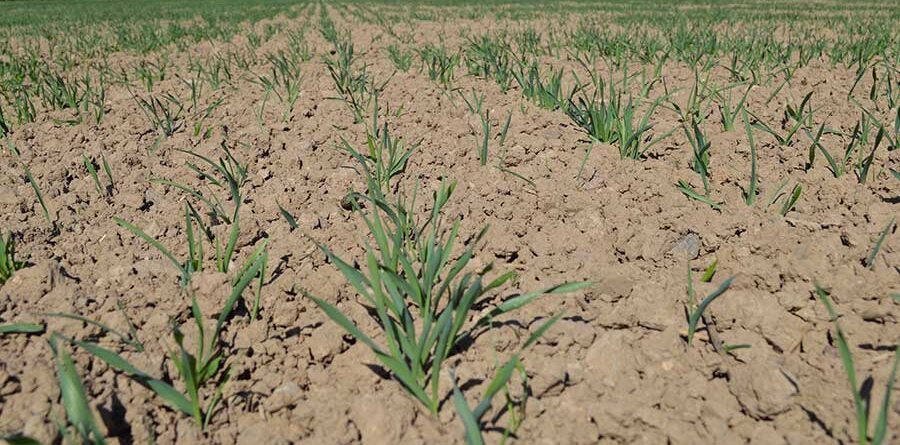
Support For Producers Dealing With Dry Conditions
Across the province, many crops are struggling due to extreme heat and little rain, as a result, the Saskatchewan Crop Insurance Corporation (SCIC) will implement measures to address dry conditions impacting producers.
Effective immediately, changes will be made to allow low-yielding crops to be put to alternate use to support the livestock sector. The Government of Saskatchewan is also making changes to temporarily increase the maximum funding a livestock producer can receive from the Farm and Ranch Water Infrastructure Program (FRWIP) for dugouts, wells and pipelines.
When crops are severely damaged and the appraised yield falls below an established threshold level, the yield is reduced to zero. In response to the feed shortage this year, SCIC is doubling the Low Yield Appraisal threshold values for customers who salvage their cereal or pulse crops as feed, without negatively impacting future individual coverage. For example, the previous established threshold for barley was seven bushels per acre. For Crop Insurance customers wanting to utilize a grain crop for feed, the threshold will now be 14 bushels per acre. In this case, a zero bushel yield would be used for the claim and the original 14 bushels would be used to update future coverage.
Customers are asked to contact their local SCIC office before they graze, bale or silage any damaged crops to discuss their options. Crop Insurance coverage will not be negatively impacted if customers chose to divert grain crops to feed. Livestock producers can gain access to feed sources from Crop Insurance customers who choose to put their crops to a use other than harvest. Producers are encouraged to contact their neighbouring operations to set up arrangements.
Presently, under FRWIP, costs related to dugouts, pipelines and wells are funded at 50 per cent of eligible costs, to a maximum rebate of $50,000 over the life of the program.
For the period April 1, 2021 to March 31, 2022, the maximum rebate for livestock producers only will increase to $150,000. The first $50,000 will be based on a 50-50 cost-share and the remaining $100,000 will be on a 70-30 government-producer cost-share.
FRWIP and Crop Insurance are both offered through the federal-provincial Canadian Agricultural Partnership agreement.
The Government of Saskatchewan has also formally requested the federal government designate the entire province as eligible through the Livestock Tax Deferral program, for all Saskatchewan producers who may need to liquidate part of their breeding herd due to feed or water shortages.
The AgriStability Program provides an option for producers looking to access a portion of their benefit early. Through the interim benefit, producers enrolled in AgriStability can get 50 per cent of their estimated final benefit.
The Farm Stress Line is available for support. The Farm Stress Line is a confidential service, available 24-hours-a-day, seven-days-a-week, toll-free at 1-800-667-4442. Calls are answered by Mobile Crisis Services Regina, a non-profit, community-based agency and there is no call display.
Government continues to monitor the situation and engage with stakeholders and federal-provincial-territorial counterparts.
SCIC is here to help during this difficult time. Producers can contact their local SCIC office, call toll-free at 1-888-935-0000 or visit www.scic.ca to review available options and ensure decisions are not delayed.
For the latest information and for more updates on everything Kindersley ‘Like’ the Kindersley Social Facebook page below…








































